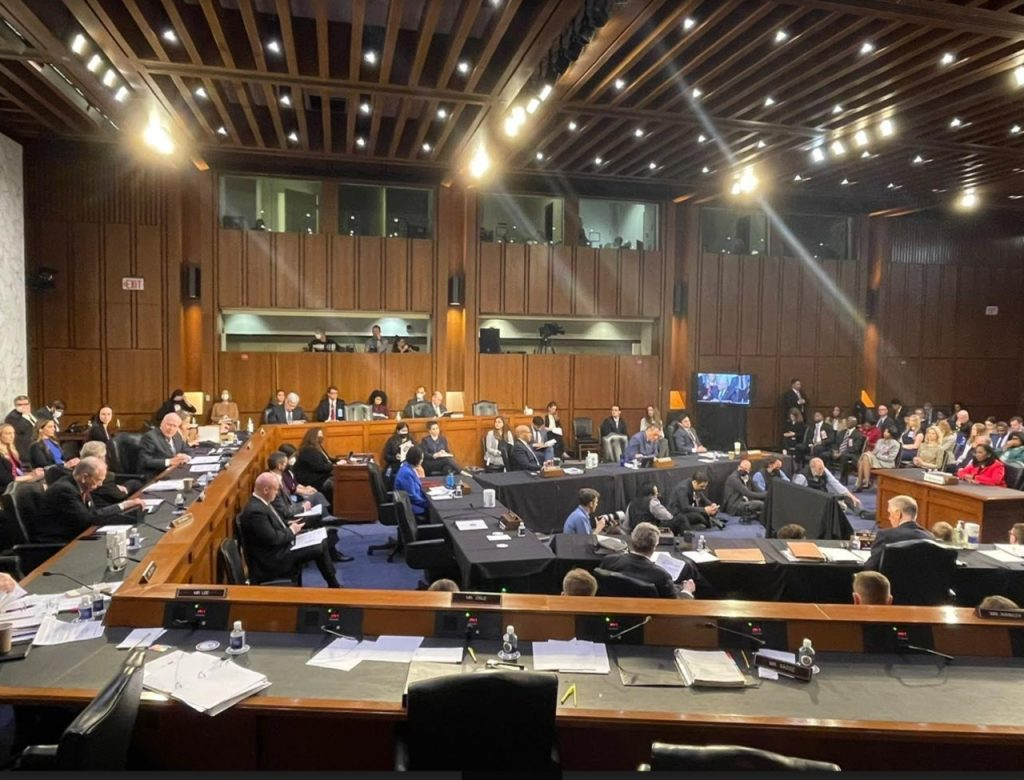
What is Perspective?
Perspective is a broad term that means many different things in different contexts:
- Perspective in literature refers to the narrator’s attitudes or beliefs about events, characters, or settings, which are shaped by their personal experiences. Perspective functions as a lens through which the story is told and understood, influencing how characters and events are presented and interpreted. Perspective allows authors to create a distinct voice and viewpoint in their stories, often reflecting their own attitudes, biases, and cultural backgrounds.
- An example of perspective in literature can be found in Harper Lee’s “To Kill a Mockingbird.” The novel is narrated from the perspective of a young girl, Scout Finch. Her innocent and naive viewpoint shapes the narrative, offering a unique lens through which the reader understands the events and characters of the story. Scout’s perspective, influenced by her age, upbringing, and the societal norms of the American South in the 1930s, frames the story’s exploration of racial injustice and moral growth. This childlike viewpoint provides a contrast to the more complex adult world around her, impacting how the themes of the novel are conveyed and interpreted by the reader.
- Perspective in rhetoric may refer to the persona a rhetor adopts in a speech or written document
- To achieve their aims of discourse, writers may speak with an authentic, personal voice. Or, they may adopt a perspective and persona. Or, they may adopt a tough, sweet, or stuffy prose style.
- Perspective may refer to an interpretive lens that is used to analyze a text, event, or concept. For example, a literary critic or a student in a humanities course might engage in some form of Literary Criticism, such as
Key Concepts
Habits of Mind; How to Foster Intellectual Growth; Interpretation, Persona; Point of View; Stance; Rhetorical Reasoning
FAQs
How Do Writers Determine Their Perspective on a Topic?
Ann Berthoff theorizes that writers gain perspective by engaging in acts of composing. For Berthoff, composing is inseparable from the act of the engaged imagination. “Composing is a method of inquiry, a way of ordering and making sense of experience…” (p. 8). Through the act of writing, the writer constructs their perspective, converting their unique experiences and ideas into text.
How Do Readers’ Perspectives Influence Interpretation?
Our perspective, our unique stance in time, influences our interpretation of the exigencies and problems we face. Our personal experiences, cultural backgrounds, education, access to information, and individual beliefs all shape how we respond we interpret and respond to new information.
When readers engage with a text, they do not passively consume the information; instead, they actively interpret and assign meaning based on their unique viewpoints. This is why two readers can understand the same text in vastly different ways. For instance, a reader who has experienced loss may interpret a story about grief more profoundly than someone who hasn’t. Thus, the reader’s perspective acts as a lens through which new information expressed orally or in writing is filtered, colored, and understood, leading to a diverse range of interpretations.
From the perspective of reader-response theory, all interpretation of a text is subjective. This theory posits that a text’s meaning isn’t fixed or solely determined by the author’s intentions; instead, it’s created through the interaction between the reader and the text. Each reader brings their unique set of experiences, emotions, cultural background, and personal beliefs to their reading, which shapes their interpretation. Thus, different readers might derive varied, even contrasting meanings from the same text.
Subjectivity is central to reader-response theory, emphasizing the active role of the reader in constructing meaning and acknowledging the diversity of interpretations that a single text can provoke.

References
Berthoff, A. (1981). The making of meaning: Metaphors, models, and maxims for writing teachers. Montclair, NJ: Boynton/Cook.





















